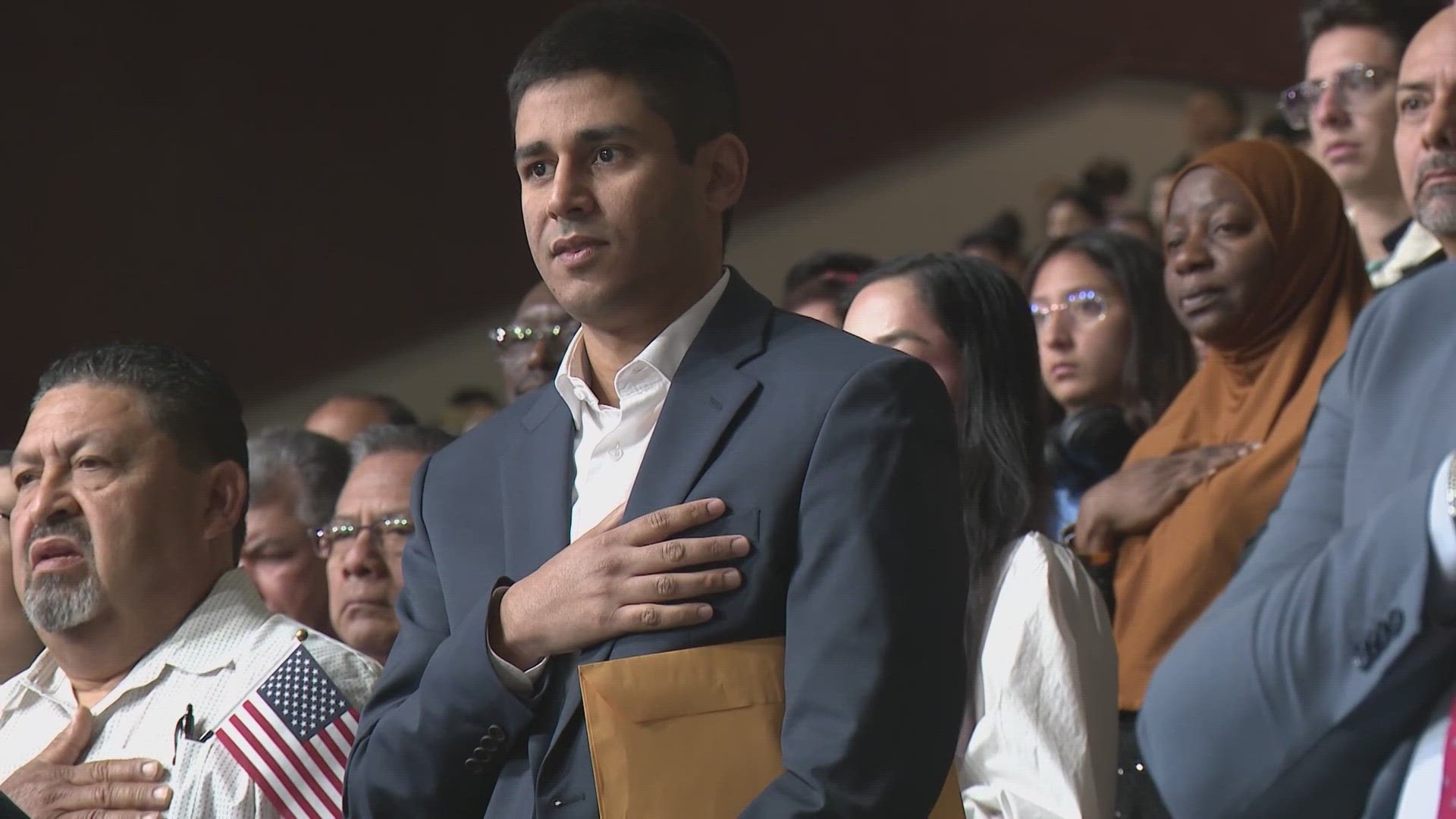HOUSTON — You have a bit more say in describing your racial and ethnic makeup, thanks to new efforts from the federal government. Those checkboxes for ethnicity are getting more diverse.
Experts say the new categories will help better build policy and provide resources. But also gives people the power to speak on exactly how they see themselves. The last time the federal government updated how it categorizes people was in 1997.
The United States is home to more than 330 million people, and about 30 million of them live in Texas, according to the US Census. And if you take a look around, you'll see a diverse pot of people.
"It's great that we have this opportunity to actually speak as to who we are and feel seen," said Meeta Anand, senior director of Census Data Equity at the Leadership Conference of Civil and Human Rights.
She is following a revision made to the Office of Management and Budget policy directive on maintaining, collecting, and presenting federal data on race and ethnicity. It's the first time the categories have been updated in 27 years.
"So much has changed in our country. Since that time, we have evolved designation, and who we are, and how we think of ourselves has evolved," Anand said.
On federal data collecting documents, Hispanic, Middle Eastern, and North African are the newest categories. while also allowing people to select more than one.
"Certain people would feel compelled to maybe check a race they didn’t feel was theirs," Anand said.
That data Anand says is important in helping guide policy, civil rights compliance while helping understand how communities are doing in terms of education, voting and health care.
"What's great about this new form you can put just Hispanic, or you could put Hispanic in black if that’s how you view, yourself, or Hispanic and white it allows for that flexibility to reflect how they see themselves.
Anand says with diverse people marrying and having children, people will have the ability to express multiple parts of who they are.
This change only immediately impacts federal data-collecting forms, but it may take some time to see the forms fully changed out. Others could also adopt the categories. And you're sure to see the changes in the upcoming American community survey and 2030 census forms.

